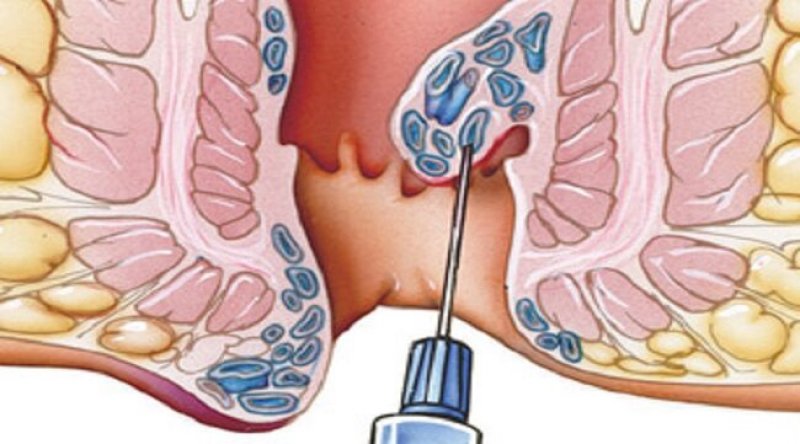
03.01.2023
Hemorrhoids
Hemorrhoids, often known as piles, are enlarged veins in the lower rectum and anus that resemble varicose veins. Internal hemorrhoids, which appear under the skin around the anus, are hemorrhoids that form inside the rectum (external hemorrhoids).
Nearly three out of every four adults will get hemorrhoids sometimes. There are several causes of hemorrhoids, however sometimes the cause is not identified.
Fortunately, there are treatments for hemorrhoids that work. Home remedies and alterations in lifestyle help a lot of individuals.
Symptoms
-> The type of hemorrhoid will often determine the signs and symptoms.
-> Hemorrhoids on the outside
-> These are located beneath the skin near your anus.
Some warning signs and symptoms include:
- -> Inflammation or itching in the anal area
- -> Any discomfort or pain
- -> Your anus is swollen.
- -> Bleeding
Internal Hemorrhoids
Inside the rectum are internal hemorrhoids. They seldom cause discomfort and are typically impossible to see or feel. But straining or soreness during urinating might result in:
- -> bleeding that is painless during bowel motions. Small quantities of bright red blood may be seen on your toilet tissue or in the bowl.
- -> a prolapsed or projecting hemorrhoid that pushes through the anal orifice, causing discomfort and irritation.
Hemorrhoids with thrombosis
An external hemorrhoid that has amassed blood and developed a clot (thrombus) may cause:
- -> extreme pain
- -> Swelling\sInflammation
- -> a tough bulge next to your anus
When to consult a doctor
Consult your doctor if you have hemorrhoids that don't go away after a week of home treatment or bleeding after bowel movements.
If your bowel habits alter or if the color or consistency of your feces changes, you shouldn't automatically assume that your rectal bleeding is the result of hemorrhoids. Other illnesses including colorectal cancer and anal cancer can cause rectal bleeding.
If you have heavy rectal bleeding, fainting, dizziness, or lightheadedness, you should seek immediate medical attention.
Risk
Hemorrhoids are more likely to occur as you become older. This is due to the possibility of weakening and stretching in the tissues supporting your rectum and anus veins. Due to the baby's weight placing pressure on the anal area, this may also occur when you are pregnant.
Complications
Hemorrhoids can cause a few uncommon complications, including:
- -> Anemia: Rarely, hemorrhoids can lead to anemia, which is a condition in which your body lacks enough healthy red blood cells to transport oxygen to your cells.
- -> Hemorrhage that is strangulated: An internal hemorrhoid may become "strangulated," which can be extremely painful, if its blood supply is cut off.
- -> Clump of blood: A clot may occasionally develop in a hemorrhoid (thrombosed hemorrhoid). Although it is not harmful, it can be very uncomfortable and occasionally needs to be lanced.
Prevention
-> Keep your feces soft so they pass easily since this will help you avoid hemorrhoids the best. Follow these recommendations to prevent hemorrhoids and lessen their symptoms:
-> Consume fiber-rich meals. Eat more whole grains, fruits, and veggies. By doing this, the stool will become softer and more voluminous, preventing the straining that might result in hemorrhoids. To avoid issues with gas, progressively include more fiber into your diet.
-> Drink a lot of water. To keep stools soft, drink six to eight glasses of water daily in addition to other liquids (avoid alcohol).
-> Suggestions for fiber supplements: The majority of individuals do not consume the 20 to 30 grams of fiber per day that are advised. According to studies, over-the-counter fiber supplements including methylcellulose (Citrucel) and psyllium (Metamucil) can reduce hemorrhoid bleeding and general discomfort.
-> Drink as least eight glasses of water or other fluids each day if you use fiber supplements. Otherwise, the supplements can make you constipated or make it worse.
-> Avoid tension: Pressure in the veins in the lower rectum increases as you stifle your breathing and strain to evacuate a stool.